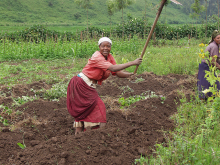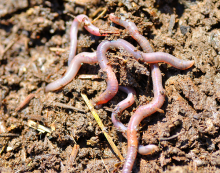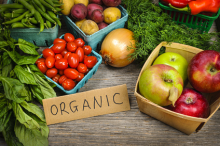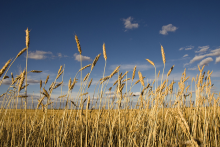South Asia’s agriculture at risk from climate change, report warns
South Asia will be severely affected by climate change within a few decades if no action is taken to counter global warming, the Asian Development Bank (ADB) warned on Tuesday. A new report predicts that six countries – Bangladesh, Bhutan, India, the Maldives, Nepal, and Sri Lanka – will see an average economic loss of […]
South Asia’s agriculture at risk from climate change, report warns Read More »










